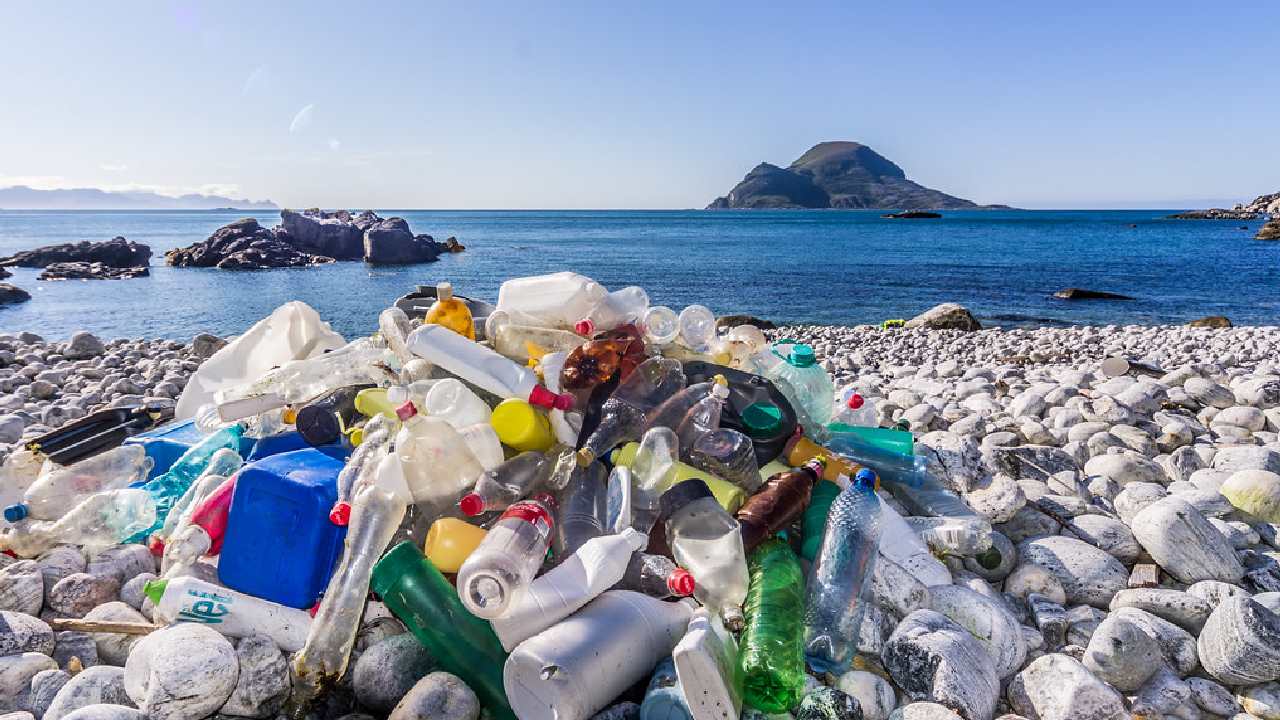The UN Secretary-General António Guterres today appealed to governments and companies to come together and join the fight to save the world’s dying oceans. Speaking at the UN Ocean Conference in Lisbon, he said committing more funds to help create a sustainable economic model for managing them was the need of the hour.
About 7,000 people are expected to attend the UN Ocean Conference, including heads of state, scientists and NGOs, to assess progress in implementing a directive to protect marine life. He said, “Sadly, we have taken the ocean for granted, and today we face what I would call an “Ocean Emergency. We must turn the tide”.
Global heating is pushing ocean temperatures to record levels, creating fiercer and more frequent storms. Sea levels are rising, and low-lying island nations face inundation, as do many major coastal cities in the world, he said.
The climate crisis is also making the ocean more acidic, which is disrupting the marine food chain. Ever more coral reefs are bleaching and dying and coastal ecosystems, such as mangroves, seagrasses, and wetlands, are being degraded.
Also Read: Young Generation Will Help Save Our Oceans, Future: UN Chief
Guterres said, pollution from land was creating vast coastal dead zones and nearly 80% of wastewater is discharged into the sea without treatment and approximately 8 million tons of plastic waste enter the oceans ever year.
Without drastic action, this plastic could outweigh all the fish in the oceans by 2050. Plastic waste is now found in the most remote areas and deepest ocean trenches.“It kills marine life and is doing major harm to communities that depend on fishing and tourism. One mass of plastic in the Pacific is bigger than France,” he pointed out.
Unsustainable fishing practices are also rampant, and overfishing is crippling fish stocks, he said while pointing out that there cannot be a healthy planet without a healthy ocean. “Our failure to care for the ocean will have ripple effects across the entire 2030 Agenda. The ocean produces more than half of the oxygen we breathe, and it is the main source of sustenance for more than one billion people. Industries relating to the ocean employ some 40 million people.
“Five years ago, at the last United Nations Ocean Conference, we issued a Call for Action to reverse the decline in ocean health and to restore its productivity, resilience and ecological integrity. And since then, many communities have come together to protect the marine resources they depend on,” he said.
International partnerships have been working to create marine protected areas for the recovery of fisheries and biodiversity and where sound management has been undertaken, fisheries have rebounded. The legal framework for ocean issues is well-established in the United Nations Convention on the Law of the Sea, which celebrates the 40th anniversary of its adoption this year.
“I am pleased to say that there has been significant progress on a legally binding instrument on the conservation and sustainable use of marine biological diversity of areas beyond national jurisdiction and a new treaty is being negotiated to address the global plastics crisis that is choking our oceans,” Guterres said.
It is also now well understood that by protecting and restoring the ocean, we are acting to address the climate crisis, he added.





























